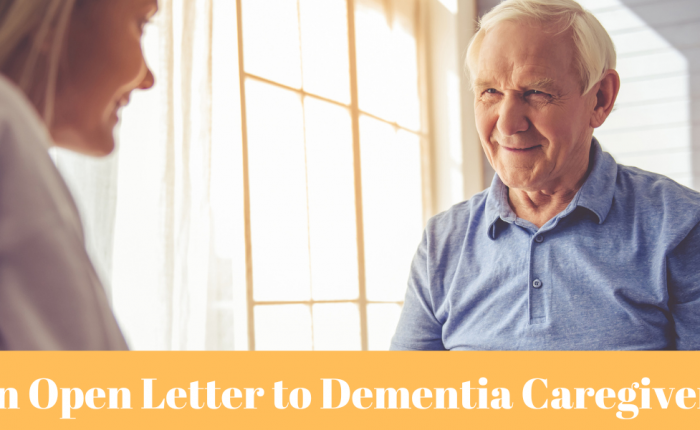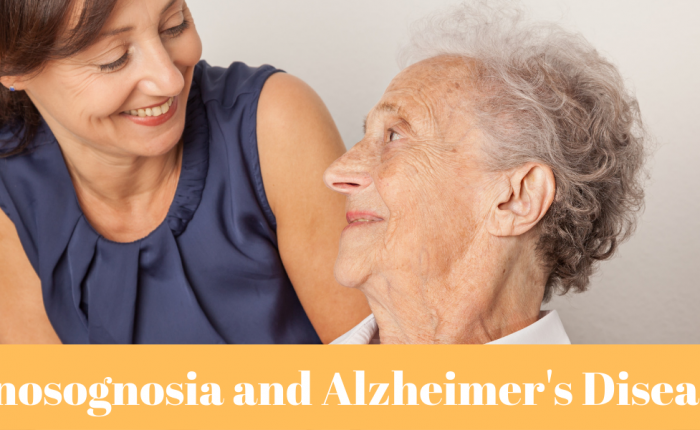
Sundowner’s Syndrome is a perplexing and often distressing condition that affects individuals in the mid to late stages of Alzheimer’s disease and other forms of dementia. As the day transitions into the evening, those with Sundowner’s Syndrome experience a range of symptoms that can be challenging for both the affected individuals and their caregivers. In this post, we will explore Sundowner’s Syndrome, its potential causes, signs and symptoms, and strategies for managing it effectively.
What is Sundowner’s Syndrome?
Sundowner’s Syndrome, also known as sundowning or late-day confusion, is not a distinct medical diagnosis but rather a collection of symptoms that tend to occur in the late afternoon and evening. According to the Mayo Clinic, it is described as a “group of symptoms that occur at a specific time of the day that may affect people with dementia.”
These symptoms can include:
- Confusion and disorientation
- Sadness and fear
- Delusions and hallucinations
- Agitation and restlessness
These behaviors can be particularly challenging for caregivers as they often lead to inadequate rest for both the patient and the caregiver, further exacerbating the symptoms.
Experience Leisure Care Senior Living

Azalea at Hamilton
Independent Living, Assisted Living, and Memory Care in Hamilton Township, New Jersey
What Causes or Triggers Sundowner’s Syndrome?
The exact cause of Sundowner’s Syndrome remains unclear, but several theories have been proposed:
Accumulated Sensory Stimulation
The sensory inputs accumulated throughout the day may overwhelm individuals with dementia as evening approaches.
Hormonal Changes
Changes in hormone levels that regulate the body’s circadian rhythms may play a role.
Exhaustion
Physical and mental fatigue from the day can contribute to increased confusion and agitation.
Lighting Changes
The transition from daylight to artificial lighting or darkness can cause disorientation.
Infections and Other Medical Issues
Conditions such as urinary tract infections can exacerbate symptoms.
Signs and Symptoms of Sundowner’s Syndrome
Symptoms of Sundowner’s Syndrome can vary widely among individuals and may include:
- Increased confusion and agitation in the late afternoon and evening
- Restlessness and wandering
- Emotional outbursts such as crying or anger
- Paranoia and suspiciousness
- Hallucinations and delusions
- Difficulty communicating or incoherent speech
- Insomnia or disrupted sleep patterns
Managing Sundowner’s Syndrome
While there is no cure for Sundowner’s Syndrome, several strategies can help manage and alleviate its symptoms:
Stay Calm and Reassuring
As a caregiver, maintaining a calm demeanor is crucial. Avoid sudden movements or unexpected touches, and provide reassurance without arguing or trying to correct the person’s reality.
Create a Comfortable Environment
Use nightlights to reduce disorientation and keep lighting consistent. Draw curtains to minimize changes in natural light that can trigger symptoms.
Establish a Routine
A consistent daily routine, especially around bedtime, can help signal to the person that it’s time to wind down.
Engage in Soothing Activities
Play soft music, read a book together, or engage in other calming activities to help ease agitation.
Monitor Diet
Limit the intake of sweets and caffeine before bedtime, as these can disrupt sleep.
Track Behaviors
Keeping a diary or using an app to track your loved one’s behaviors and schedules can help identify triggers and patterns, allowing you to better manage episodes.
Seek Medical Advice
Consult healthcare professionals to rule out or treat any underlying conditions that may worsen sundowning symptoms.
Find a Leisure Care Memory Care Community Near You
Sundowner’s Syndrome significantly impacts the quality of life for both individuals with dementia and their caregivers. By understanding the condition and implementing effective management strategies, caregivers can alleviate the symptoms and improve the overall caregiving experience.
If you’re looking for additional support and a compassionate environment for your loved one, consider exploring a Leisure Care memory care community. Our communities are designed to provide specialized care for individuals with dementia, ensuring they receive the attention and support they need. Visit our website to find a Leisure Care memory care community near you and see how we can help make a difference in the lives of your loved ones and their caregivers.
Find a Leisure Care Community
Better with age, exceptional with us! Come and see how Leisure Care communities are helping seniors rediscover (and sometimes reinvent) themselves.







